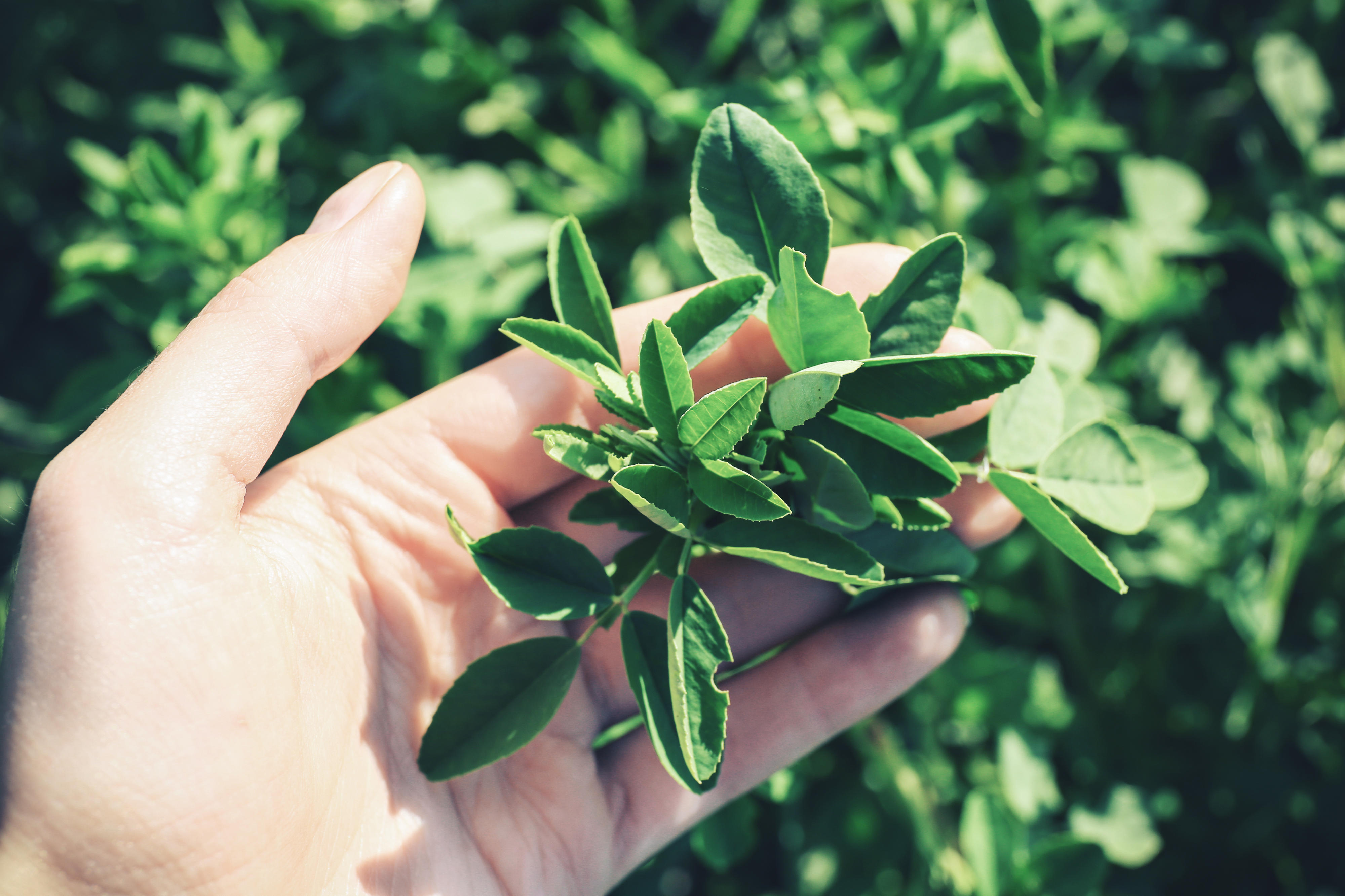Alfalfa is a robust, fast-growing pasture crop, used for both animal feed and as a biofuel. It can be harvested multiple times each growing season and has high energy value, producing more protein per acre than any other crop in the United States.
Toledo Alfalfa Mills' product is in high demand. Therefore capacity is an essential factor for the plant, which produces up to 120 tons of pellets per day. To keep pace with customer orders, Toledo must maximize production time during optimal weather conditions. “The weather is one of our biggest hurdles,” says owner Becky Lumbrezer. “Wet conditions can make it difficult to get the alfalfa out of the ground, and dry conditions hamper growth.
Often, there’s a limited window of time to get the product from the field to the plant. We have to process quickly, so we need the best capacity and efficiency to maximize our opportunities. Naturally, our equipment is a critical component in this process.”



